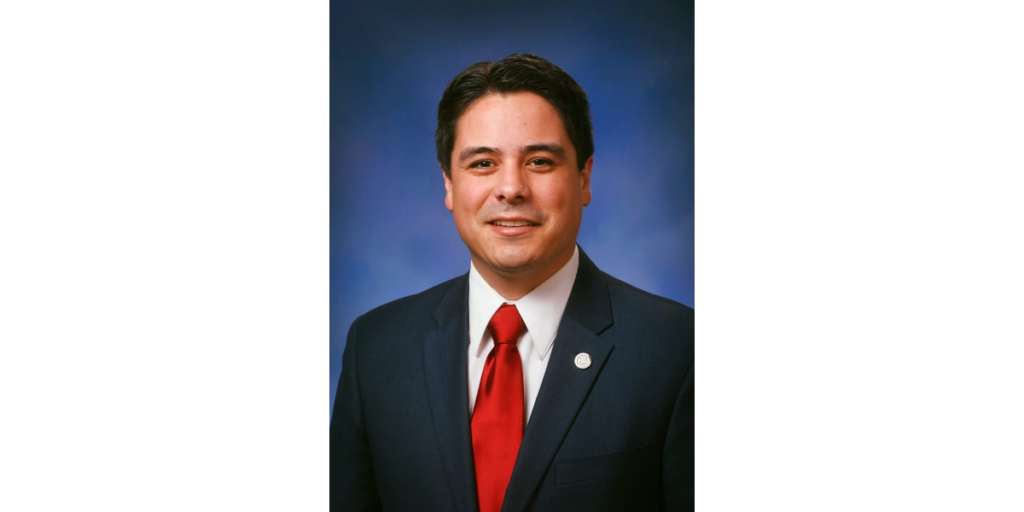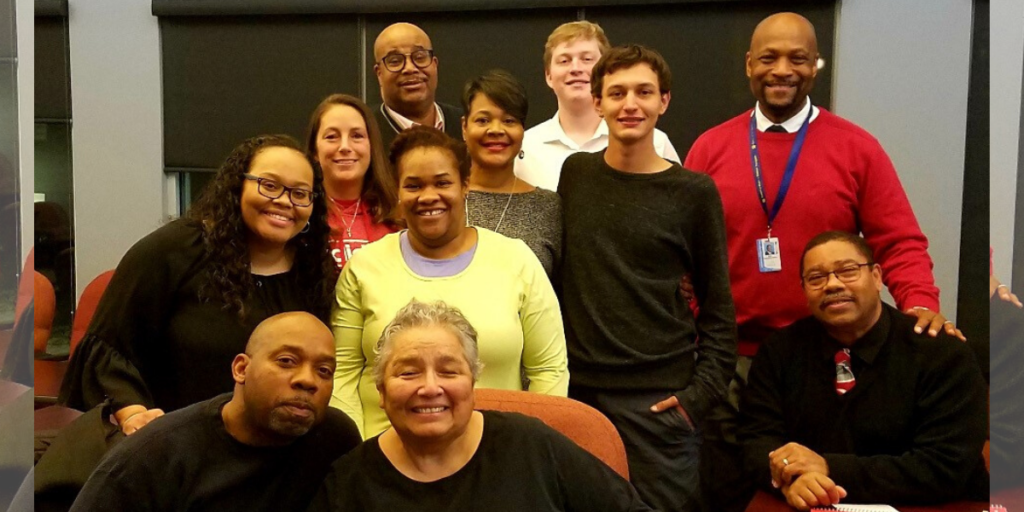Hernandez Says Layoffs Unfortunate but Necessary
Rep. Shane Hernandez of Port Huron – chair of the Michigan House Appropriations Committee – said today’s announcement of upcoming temporary state employee layoffs is “unfortunate but necessary” because of budget pressures from the COVID-19 shutdown.
Hernandez also said he is disappointed to hear that special accommodations might be made for state workers needing to file for unemployment, when many workers laid off outside of state government have been struggling for weeks to file for benefits.
“While I am sympathetic toward these state employees who are being laid off, there is absolutely no excuse for making special accommodations when the unemployment filing system is still not processing claims in a timely manner for the hundreds of thousands of private sector employees across the state,” Hernandez said. “It would be one thing to automatically enroll a state employee if the system was working for others, but at this point, the focus needs to be on making the system work for everyone.”
Hernandez said budget pressures necessitate state employee layoffs.
“The reality is COVID-19 and the governor’s overly restrictive ‘stay home’ orders are significantly reducing the revenues taxpayers provide for the operation of state government,” Hernandez said. “State government will have to make tough decisions – just like families and businesses across Michigan have made tough decisions during this challenging time. The best way for our state to handle the problem of massive unemployment is to allow businesses which can practice social distancing to open up as soon as possible.
“I know there are many state employees working hard night and day as part of the response to COVID-19 – I am grateful for and inspired by their efforts,” Hernandez said. “It’s also clear not all state employees are part of the COVID-19 response, and their workloads may be affected with much of Michigan’s economy in shutdown mode. More than 1 million Michiganders already have been forced out of work because of this crisis – state government is not immune. It’s unfortunate but necessary.”
Hernandez is aggressively enforcing the Legislature’s oversight role of state government operations during the shutdown. Last week, he sent letters to state department directors to evaluate how they are managing staffing levels during the COVID-19 shutdown.
Hernandez asked state departments the following questions:
1) What new methods are you using to help your employees fulfill their duties while working from home, and have you had to address any issues of employees not fulfilling their duties?
2) How are you monitoring employee work hours and have you seen an increase or decrease in hours worked?
3) What metrics are being used to measure performance and have you seen increases or decreases in productivity?
4) Have you seen a reduction or increase in service demand and has there been consideration of reducing workforce due to potential revenue declines?
5) Has there been any consideration of repurposing some of your employees to other duties within your department to manage the new workflow created from the stay at home order?
Responses are due to Hernandez by April 27.
Submitted by Tim Martin






